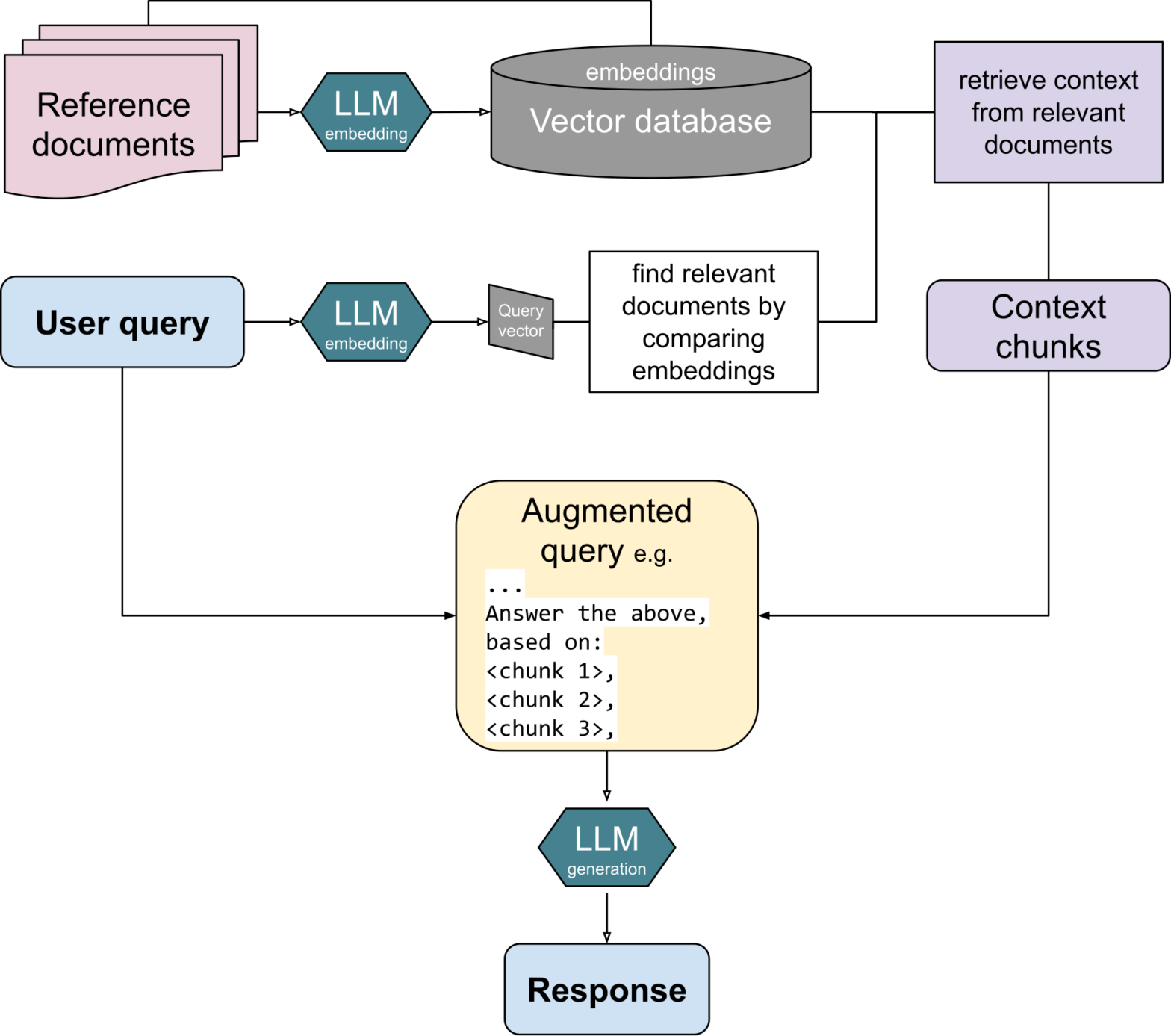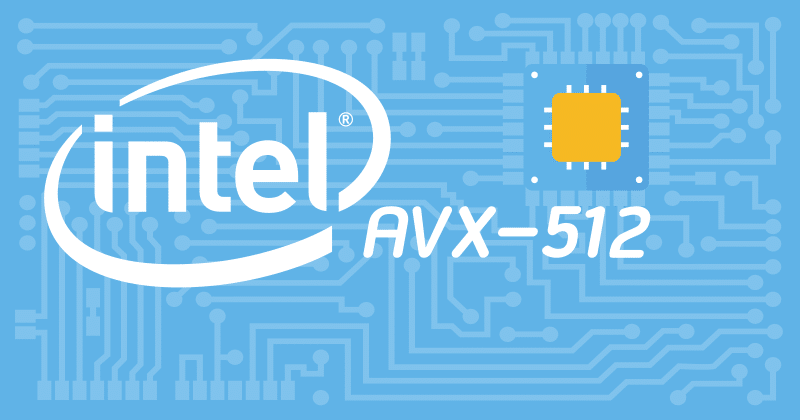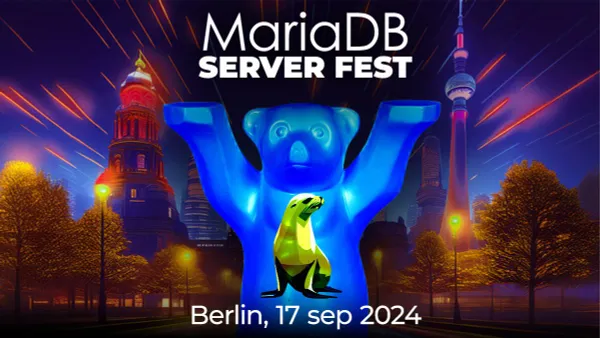Category Archives: Development
The day has come that you have been waiting for since the ChatGPT hype began: You can now build creative AI apps using your own data in MariaDB Server! By creating embeddings of your own data and storing them in your own MariaDB Server, you can develop RAG solutions where LLMs can efficiently execute prompts based on your own specific data as context.
Why RAG?
Retrieval-Augmented Generation (RAG) creates more accurate, fact-based GenAI answers based on data of your own choice, such as your own manuals, articles or other text corpses. RAG answers are more accurate and fact-based than general Large Language Models (LLM) without having to train or fine-tune a model.
…
Continue reading “Try RAG with MariaDB Vector on your own MariaDB data!”
In 2023, Intel launched Intel® Trust Domain Extensions (Intel® TDX), their latest Confidential Computing technology that ensures data in use protection for hardware-isolated virtual machines and verified hardware and software integrity through attestation.
In this blog post, we will show that MariaDB Server can run correctly on an Intel® TDX enabled VM and that the in-memory data is protected from outside actors, even from the host OS running the VM. By coupling Intel’s Confidential Computing technology with MariaDB Server build in data-at-rest and data-in-transit protection, customers can gain an end-to-end protected solution.
…
Continue reading “Protect your data with MariaDB Server and Intel® TDX”
Today, we are excited to announce a new fund to help give MariaDB Vector a high-quality integration into as many LLM frameworks as possible. This means that you can get rewarded for integrating MariaDB Vector into a known framework! This program will run until the end of February 2025.
How it will work
- Pick a framework: You need to pick one of the frameworks from the list curated by Qdrant that you would like to work on adding MariaDB Vector support to.
- Contact us: Contact us on the MariaDB Zulip, in the General channel, just create a topic.
…
Continue reading “Announcing the MariaDB Vector Bounty Program!”
I recently helped two of our sponsors simultaneously, DBS Bank and MariaDB Plc, with a recent issue they were experiencing. This actually helped us add support for an extra cloud vendor. But before I tell the story, I first need to give a bit of background.
S3 Engine History
Back in 2019, we added the S3 engine to MariaDB Server. “S3” stands for “Simple Storage Service”, it was developed by Amazon, and it is pretty much the standard for storing objects (typically files) in the cloud. Almost every cloud vendor has their own object storage with an S3-compatible REST API.
…
Continue reading “MariaDB Foundation assisting multiple vendors”
As you have probably seen in earlier posts, the preview version of MariaDB Vector is out and ready for you to play with. We have had input from several different places during the development of this feature. This, of course, includes hardware manufacturers such as Intel.
In the background, Intel have been prototyping using AVX512 instructions for dot product and bloom filter. Both of these are functions are part of vector searches. If you haven’t heard of these terms, let me try and break them down.
AVX-512 – 512-bit extensions to the Intel Advanced Vector Extension
The AVX512 instructions themselves are CPU specific instructions that are designed to run calculations on large vectors of numbers simultaneously.
…
Continue reading “Intel improving the performance of MariaDB Vector”
We recently had a public vote on whether “main” or a version branch should be the default. The results in favour of “main” were very clear. It has been just over a month, but behind the scenes we have been laying the groundwork for this to happen.
We think we are as ready as we can be, so with the opening of development for 11.7, we have switched to “main” as the default branch for MariaDB Server. This means that all new feature development should now target the “main” branch when contributing to MariaDB Server.
…
Come join us in Berlin, on Tue 17 Sep 2024! It’s time for our next MariaDB Server Fest, which we invite you to enjoy in person or virtually.
MariaDB Server Fests are the events where MariaDB Foundation and friends celebrate and share the latest new happenings in the world of MariaDB Server. And Berlin is a great place to be – to work in, to travel to, to meet in.
Welcome to Berlin!
The physical event is hosted by MariaDB Foundation’s valued sponsor IONOS, on Revaler Straße 30 in the vibrant and trendy Friedrichshain area of Berlin.
…
MariaDB Vector preview was recently released, bringing much awaited Vector Search functionality to MariaDB Server. One of the major open source contributors to MariaDB Vector has been Amazon. To share the excitement and get an inside view about what it’s like to contribute to MariaDB Server, I had a chat with software engineer Hugo Wen on the Amazon RDS team.
Hugo’s contributions to MariaDB Vector
Hugo Wen’s work on vector similarity search in MariaDB and MySQL started when Amazon’s leadership identified Vector Search functionality as a critical addition and decided to invest Amazon RDS team’s time on contributing to MariaDB Vector.
…






